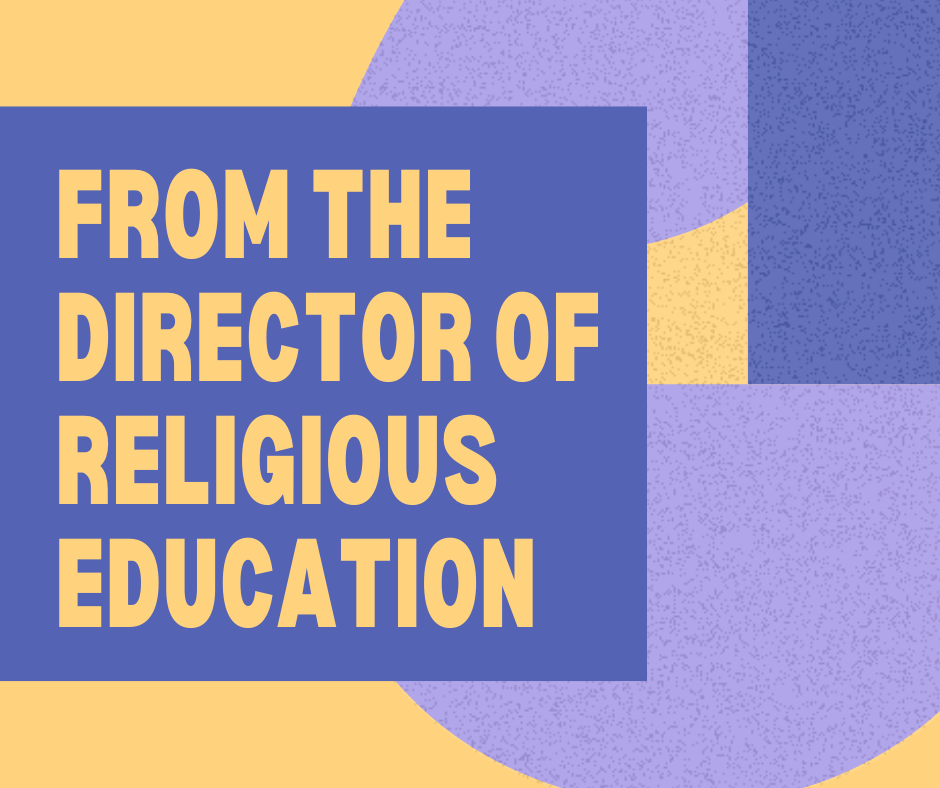At the end of June, I went to the Unitarian-Universalist General Assembly for the first time. I attended a series of workshops related to the Black Lives Matter Movement because I have been very upset by all the beatings and shootings of black people by the police and by violent racists. I am sure that there has been violence against our black brothers and sisters since they were brought here as slaves, but now many people use their cell phones to record the incidents and we can witness the events on social media.
The Unitarian-Universalists have a long history of working for racial justice. In 1841, Theodore Parker spoke out against slavery, and the Universalists organized an Anti-Slavery Convention. By 1845, 173 Unitarian ministers signed A Protest Against American Slavery.
Then in 1965 during the Civil Rights Movement, five hundred Unitarian- Universalists and twenty percent of the Unitarian Universalist ministers in the United States responded to the request by Dr. Martin Luther King to come to Selma to march with the people who were struggling to win the right to vote. Those of you who saw the movie Selma saw that Viola Liuzzo and Rev. Reeb were killed as a result of their dedication.
At a packed workshop at the General Assembly, Rev. Osagyefo Sekou asked the Unitarian-Universalists to join in the struggle for racial equality with the Black Lives Matter Movement. Rev. Sekou also spoke at a rally outside the convention center that culminated in a 4 minute die-in to remember the 4 hours that Michael Brown’s body laid on the sidewalk in Ferguson after he was shot by a police officer. Dr. Cornel West, one of Rev. Becky Edmiston-Lange’s professors at Union Theological Seminary and guest speaker at the WARE Lecture at GA, also invites the Unitarian-Universalists to join the Black Lives Matter Movement.
The Action of Immediate Witness to support the Black Lives Matter Movement was adopted unanimously by 4,000 UU members, and it “urges member congregations to engage in intentional learning spaces to organize for racial justice with recognition of the interconnected nature of racism coupled with systems of oppression that impact people based on class, gender identity, sexual orientation, ability and language.”
Right now I think our congregation should be focusing on Sandra Bland who mysteriously died in police custody in the Waller County Jail on July 13. Let’s look for opportunities to work with people concerned with racial justice in Houston, Hempstead, and at Prairie View A&M. There are many ways we can build relationships with people working for racial and class justice. Some of you may have participated in discussions organized by the Center for the Healing of Racism. We can work also in groups such as Texas Coalition to Abolish the Death Penalty and End Mass Incarceration to challenge the racist system that legal scholar Michelle Alexander calls the “New Jim Crow.”
The photo is of the die-in in front of the Oregon Convention Center. Photo credit © Christopher L. Walton/UU World







